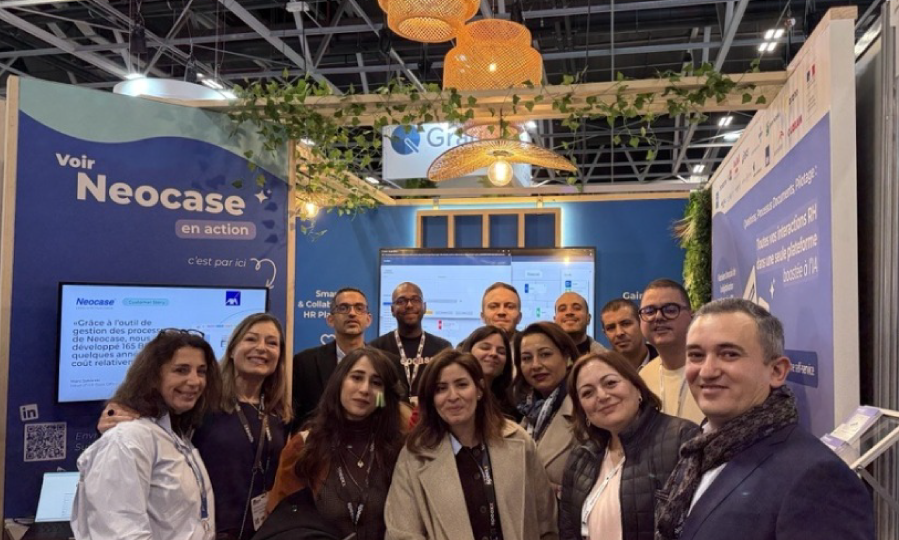HR TRENDS
The employee experience: a growing trend

SHARE THE ARTICLE ON

From employees’ recruitment to their departure, companies are developing a unique and personalized relationship to strengthen interaction and engagement.
A successful employee experience involves every stage of an employee's career: from recruitment, the first day on the job and throughout their entire career within the company. In the same way they focus on their customers, companies need to pay attention to the employee experience to increase attractiveness, foster commitment and, ultimately, improve performance in the long term. To achieve this, a company must be present at every stage of the employee relationship, identifying and meeting their employees’ needs and expectations. Employee satisfaction is measured not only in terms of relationships, but also in terms of organization, equipment and job descriptions. Today's employees are looking for greater flexibility and autonomy to ensure work/life balance and companies must meet these new, special expectations.
Empowering employees for effective personalization
The digital solutions offered to employees are one of the components of the experience. Initially, HR information system solutions focused more on the administrative management of employees, treating them as objects or, at best, as issues to be managed. HRIS solutions are now more open and collaborative, placing the employee at the core of the process as an active participant. The design of these new solutions has been put to the test and, in some cases, the principles and practices of platforms available on the market have been used. HRIS solutions are now becoming intelligent solutions tailored to each individual. Through a customizable interface, employees can record their preferences, select and prioritize messages of interest and create personalized alerts.
Tailoring the user experience to the individual's needs
In addition to dealing with an employee’s preferences, companies take care to ensure that the content and information published is relevant to the user's context. Thus, the HRIS will offer content relating to the user's personal or professional situation, their expertise and skills, and will suggest community forums for sharing experiences with peers, up-to-date legislation in the user's field of expertise, or company policy. The platform can, for example, provide mobile employees with information on traffic conditions or the fastest means of transportation. The HRIS is intelligent enough to deliver context-sensitive information, thus providing an "enhanced" service. For employees on sick leave, the platform can offer online appointments with a doctor, delivery of medication or childcare services.
Artificial intelligence provides an employee experience tailored to choices, preferences, browsing history and work habits. The system can indicate an employee's rights and responsibilities based on their job description.
An experience driven by increasingly sophisticated technology
AI improves the performance of services rendered by providing clear, precise messages tailored to needs. The system can suggest training in line with the employee's career path and expectations as well as company policy. Chatbots provide instant, natural-language responses to employees' questions. Advances in technology are enhancing the quality of communication and greater varieties of services are being offered. The use of AI, particularly generative AI, certainly improves the experience for the employee, but it must be used in compliance with the ethical and responsible aspects of these new technologies.
A ‘virtuous’ cycle for both companies and employees
Modern, user-friendly solutions that are both innovative and relevant help make employees’ day-to-day work easier and foster their commitment, performance and productivity in line with the organization's overall policy. Companies that invest in the employee experience reap the benefits in terms of HR performance, because they know their employees better and are able to implement actions to meet their expectations. Engaged employees not only better serve the company's goals, but also help to promote the company and strengthen the employer brand, a key factor in attracting future talent.
This approach also makes it easier for the company to support major transformation projects. By listening closely to their employees, companies can adapt with agility to changing professions and business models and stay one step ahead of the competition in the future.




